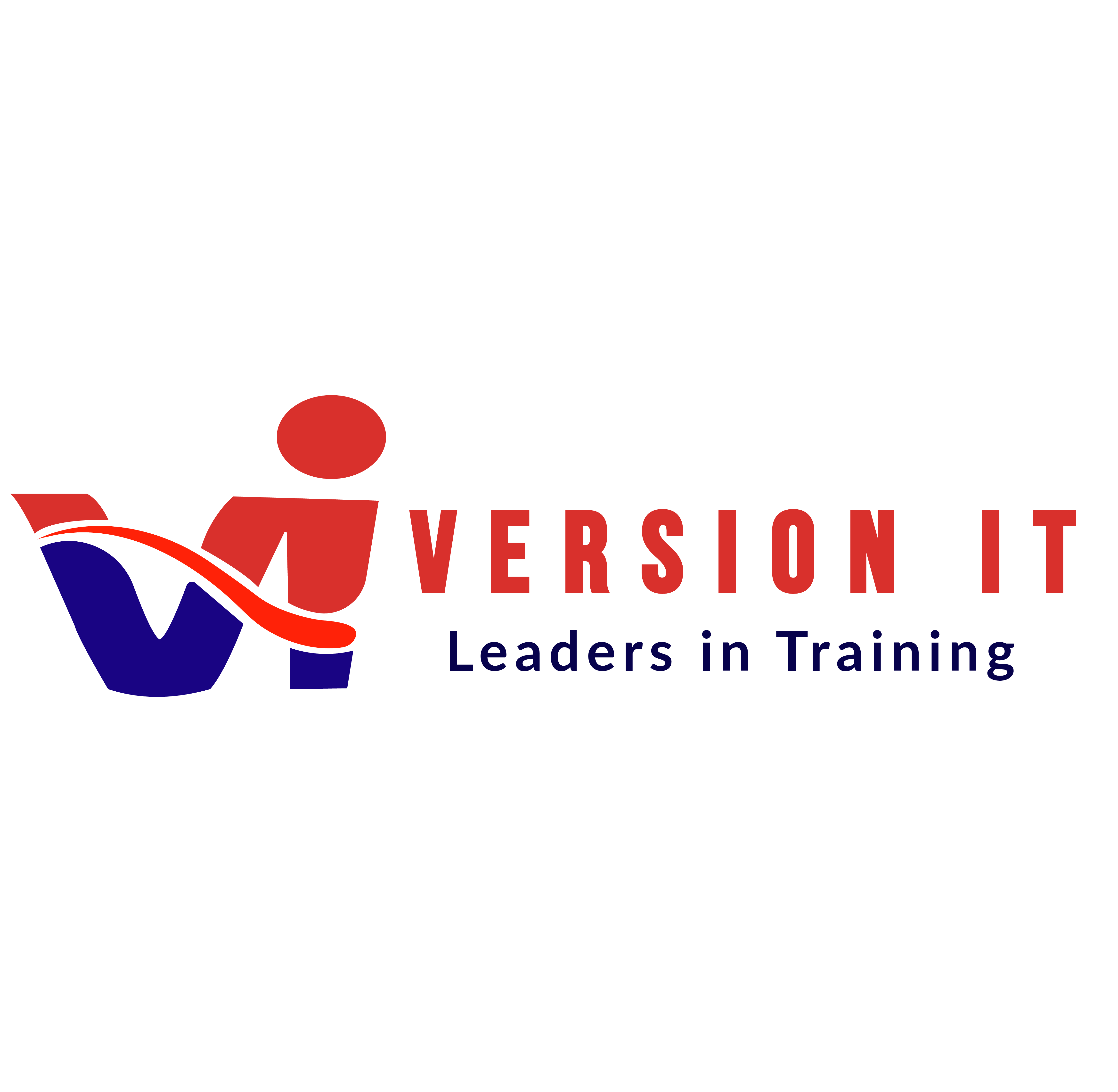
Introduction
Many individuals embarking on their professional journey seek the optimal educational program to establish a successful career. Version IT stands out as a premier training institution for AWS Devops course in Hyderabad, offering comprehensive insights on the subject in their blog, covering all aspects of AWS Devops from start to finish.
What is DevOps?
DevOps is a culture and set of practices that aim to bring together software development (Dev) and IT operations (Ops) to enable seamless collaboration and faster, more reliable delivery of software. It emphasizes automation, communication, and integration across the entire software development lifecycle. One of the key principles of DevOps is continuous integration and continuous delivery (CI/CD), which involves automating the process of integrating code changes, testing them, and deploying them into production
What is AWS?
AWS, or Amazon Web Services, is a comprehensive cloud computing platform that offers a wide range of services, such as storage, processing power, and databases. It allows businesses to use the power of the cloud without having to invest in expensive hardware and infrastructure. One of the key advantages of AWS is its scalability, enabling businesses to easily adjust their resources based on demand. This makes it an attractive option for startups and growing companies with fluctuating workloads.
What is AWS DevOps?
AWS DevOps is a revolutionary approach that combines development (Dev) and operations (Ops) in the cloud computing environment. It leverages the wide range of services and tools provided by Amazon Web Services to streamline software development, deployment, and management processes. By automating infrastructure provisioning, continuous integration and delivery, and monitoring, AWS DevOps enables organizations to rapidly deliver high-quality software products to their customers.
The Architecture of AWS DevOps
The architecture of AWS DevOps is a harmonious blend of cloud infrastructure and automated, rapid software development and deployment. At its core lies the concept of Infrastructure as Code (IAC), which allows teams to define and manage their infrastructure in code, bringing consistency and efficiency to deployment processes. AWS provides a suite of powerful tools like AWS CloudFormation and AWS OpsWorks that enable this IAC approach, ensuring that resource provisioning, configuration management, and application deployment are all orchestrated seamlessly.
AWS Certified DevOps Engineers
Becoming an AWS Certified DevOps Engineer is a significant achievement in the constantly evolving world of cloud computing and development operations. This certification demonstrates a professional’s ability to efficiently implement continuous integration, delivery, automation, and monitoring using AWS tools and services. The role of a DevOps engineer is crucial in modern software development environments due to their expertise in creating scalable and reliable systems through infrastructure as code.
One fresh insight into this certification is its emphasis on combining traditional developer and IT operations skill sets, enabling professionals to bridge the gap between these two typically siloed areas within organizations. Another perspective worth noting is that achieving this certification requires not only technical knowledge but also strong problem-solving abilities and effective communication skills, as DevOps engineers often collaborate closely with multiple teams across an organization. Furthermore, the demand for certified AWS DevOps engineers continues to grow rapidly as more businesses embrace cloud-based solutions, making it a valuable investment for individuals seeking career advancement in the tech industry.
AWS DevOps Tools
AWS offers a robust set of DevOps tools that streamline the development, deployment, and management processes for cloud applications. From AWS CodePipeline for automated continuous integration and delivery to AWS CodeBuild for building and testing code, these tools enable teams to deliver software more efficiently. The tight integration with other AWS services, such as EC2, S3, and Lambda, ensures seamless deployments and operations.
One of the key advantages of using AWS DevOps tools is the scalability they offer. With Amazon ECS and EKS, teams can easily manage containerized applications at any scale, making it easier to respond to changing workloads and traffic patterns. Additionally, AWS CloudFormation allows infrastructure to be defined in code, enabling reproducibility and consistency across environments. This level of automation reduces manual error-prone tasks while improving both speed and reliability.
In conclusion, leveraging AWS DevOps tools provides organizations with an array of powerful capabilities that can significantly enhance their software development lifecycle. By automating processes like testing, deployment, and scaling infrastructure resources in the cloud environment, developers can focus on innovating rather than managing complex operational tasks. As businesses continue to embrace cloud-native approaches, mastering these tools becomes essential for staying competitive in today’s fast-paced digital landscape.
AWS DevOps Use Cases
AWS DevOps offers a wide range of use cases, making it a crucial tool for businesses looking to streamline their development and operations processes. One prominent use case is continuous integration and continuous delivery (CI/CD), where AWS DevOps tools like CodePipeline and CodeDeploy enable automated testing, deployment, and monitoring of code changes. This not only accelerates the speed of software release cycles but also ensures reliability and scalability.
Another compelling use case is infrastructure as code (IaC). AWS DevOps allows teams to define their entire cloud infrastructure in code using tools like CloudFormation or Terraform. This approach enables consistent provisioning, configuration management, and version control of infrastructure resources, thereby reducing manual errors and ensuring environment consistency across various stages of the development process.
Benefits of AWS DevOps
AWS DevOps offers numerous benefits for organizations looking to streamline their development and deployment processes. One key advantage is the ability to automate and standardize tasks, leading to increased efficiency and a reduced likelihood of human error. This automation also allows for faster time-to-market, as code can be deployed more frequently with confidence in its stability.
Another benefit of AWS DevOps is the scalability it provides. With the elasticity of AWS infrastructure, organizations can easily scale up or down based on demand, optimizing costs and resources.
How do I learn AWS DevOps?
Learning AWS DevOps involves understanding various AWS services and how they can be integrated into the DevOps process. It’s important to start with the basics of cloud computing and familiarize yourself with core AWS services like EC2, S3, and RDS. Additionally, gaining proficiency in infrastructure as code tools such as CloudFormation or Terraform is essential for automating infrastructure deployment.
Furthermore, a deep understanding of continuous integration and continuous deployment (CI/CD) pipelines using AWS services like CodePipeline and CodeDeploy is crucial for effective DevOps practices. Looking to Learn AWS Devops Course in Hyderabad? Then click this link and get a Demo class from Version IT
AWS DevOps Jobs and Salaries
AWS DevOps jobs are in high demand as more companies move towards cloud-based infrastructure. With the increasing adoption of AWS services, the need for skilled DevOps professionals who can manage and automate workflows has also surged. According to recent job market data, AWS DevOps engineers can expect competitive salaries, with an average annual pay is INR 6,74,000/- in India
| City | Average Salary |
| Bengaluru | INR 9,50,817 |
| Hyderabad | INR 8,99,947 |
| Mumbai | INR 8,91,141 |
| Chennai | INR 8,28,837 |
| Noida | INR 7,81,029 |
However, candidates with specialized certifications such as AWS Certified DevOps Engineer or experience in deploying scalable and reliable applications on AWS are able to command even higher salaries.
Become a Certified AWS DevOps Professional
Becoming a certified AWS DevOps professional isn’t just about adding another credential to your resume. Version IT helps you master the tools and practices that are crucial for modern software development and operations. With cloud computing becoming increasingly essential in today’s tech landscape, the demand for skilled professionals who can architect, build, and manage applications on AWS is at an all-time high.
Obtaining this certification validates not only your technical skills but also your ability to streamline processes, increase efficiency, and bridge the gap between development and operations teams.


